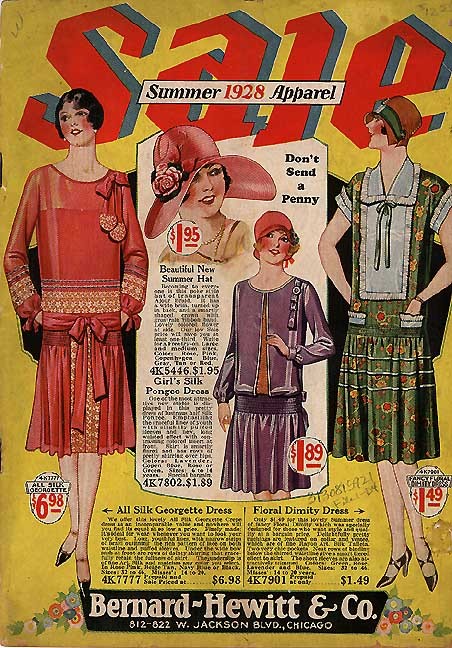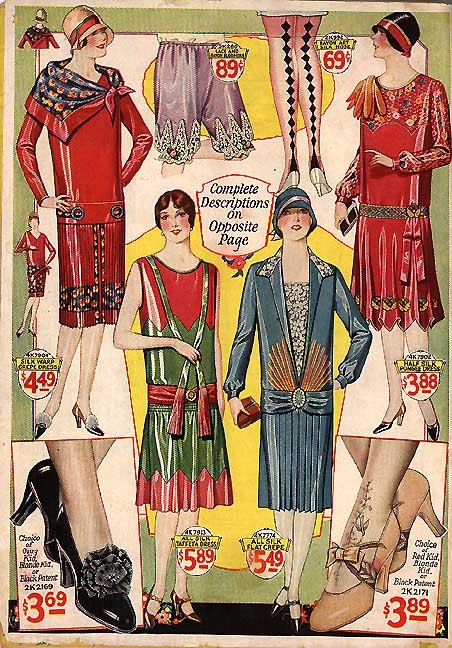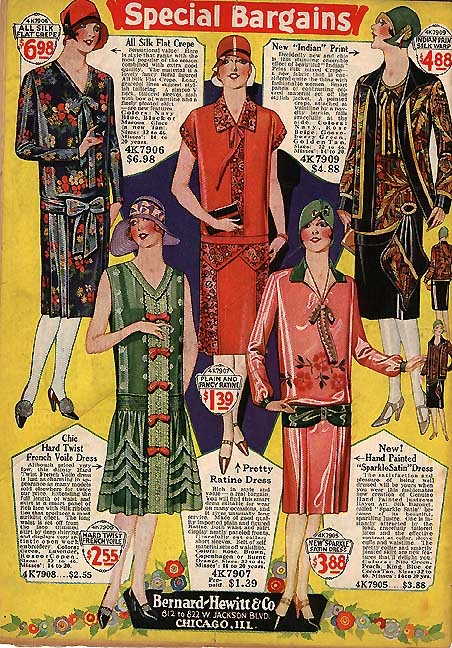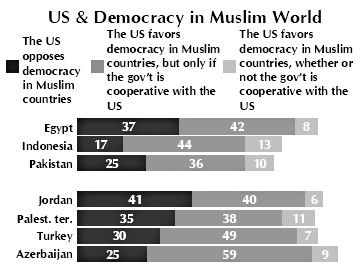Women of color rarely grace the covers of fashion magazines like Vogue. And yet, for the second time this year, the Vogue cover features a woman of color, Beyonce. Unfortunately, in line with cultural stereotypes, the issue is the “Shape Issue,” contributing to the stereotype of Black women, and Latina women too, as especially “curvy.” We document the fetishization of black women’s behinds here.
This month, Beyonce’s cover includes stories entitled:
Fashion for Every Figure: Size 0 to Size 20
Real Women Have Curves: Beyonce at Her Best
NIP/TUCK: Designing a Perfect Body
WORK IT! Longer Legs, Leaner Lines, Sexier Silhouette
THE RIGHT SWIMSUIT FOR YOUR BODY TYPE
WEIGHT OBSESSION: One Woman Conquers Her Diet Demons
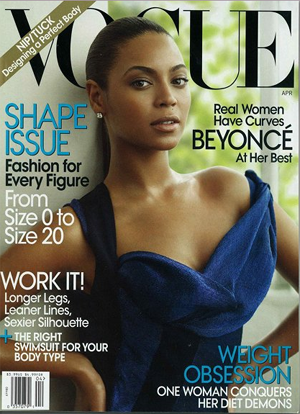
The magazine sets up, essentially, an impossibility: “Have curves, but by curves we mean something very specific: boobs and an ass. You know, like Black women’ve got. See Beyonce? She’s Black. So she’s got curves. No matter that she’s extremely thin. You should be extremely thin, too (‘WORK IT!’); eh em, we mean, ‘conquer your demons,’ we love you ‘from size zero to size 20.’ Just kidding! We totally don’t. Design ‘your perfect body’ with cosmetic surgery! Then you’ll really love yourself… and we will find you acceptable… it’s win win!!!!”
Racism and sexism. Nice work, Vogue.
(Via Jezebel.)
